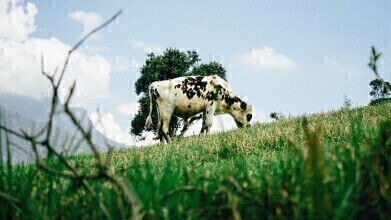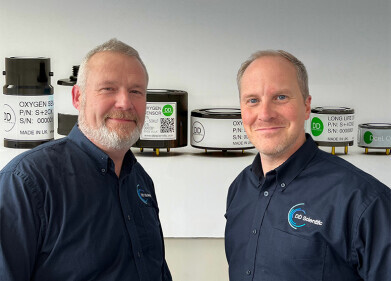Business News
Can Pollution Affect Food Quality?
Dec 02 2022
Although not as vilified as the transportation or energy sectors, food production is responsible for a significant amount of pollution, both through the gases it emits into the air and the chemicals it deposits into the soil and nearby bodies of water.
Unfortunately, this has something of a circular effect, since this contamination can then compromise the health of the crops being grown and the animals being cultivated, thus impacting negatively on the quality of the final food product. We take a look at some of the major implications of this pollution below.
Air pollution decimates crop yields
There are a variety of airborne pollutants which can have debilitating effects on crop growth. These include particulate matter, ammonia, carbon monoxide, nitrogen oxides and ground-level ozone. The exact impacts experienced by the crops will vary depending on the plant in question, the contaminant it is exposed to and the concentration of the exposure.
For example, ozone is widely regarded as one of the most detrimental pollutants to healthy crop cultivation. Up to 16% of global stocks of soy, 12% of wheat crops and 5% of maize plants are lost each year due to high concentrations of ozone, generated largely by vehicular traffic. In some countries, such as India, the percentage of crops yields lost to air pollution can rise to as much as 50%.
Poor soil produces weaker plants and unhealthier foods
Fertilisers and pesticides have proven to be invaluable tools in making sure we have enough food to feed the world’s growing population. However, their overuse has meant that in some regions, the soil has become oversaturated with chemicals such as ammonia, nitrogen and phosphate and heavy metals such as arsenic, lead and zinc.
On the one hand, these chemicals actively reduce the quality of the soil, making it harder to achieve respectable crop yield sizes in the future and effectively doing the opposite of the job they were intended to do. On the other hand, they can also bioaccumulate in the roots of the plant and achieve dangerous levels when eaten by animals or humans.
Contaminated water spells trouble
Bioaccumulation is even more of a problem when it comes to aquatic ecosystems. Small microorganisms in the water can consume the aforementioned substances and others – including so-called “forever chemicals”, which persist in the environment indefinitely – and when they are eaten by predators, the contaminants work they way up the food chain.
Eventually, this can compromise human health, since the fish or seafood arriving on our plates may have accumulated unhealthy levels of heavy metals. Although research into the full effects of such exposure is still ongoing, the early indications are not positive and suggest that eating these compromised food products can lead to the development of short- and long-term health complications.
Digital Edition
IET 34.2 March 2024
April 2024
Gas Detection - Biogas batch fermentation system for laboratory use with automatic gas analysis in real time Water/Wastewater - Upcycling sensors for sustainable nature management - Prist...
View all digital editions
Events
Apr 22 2024 Hannover, Germany
Apr 22 2024 Marrakech, Morroco
Apr 23 2024 Kuala Lumpur, Malaysia
Apr 23 2024 Kintex, South Korea
Apr 23 2024 Edmonton, AB, Canada



















